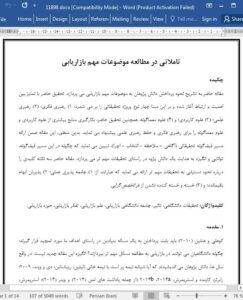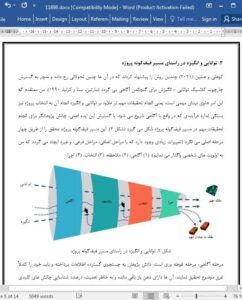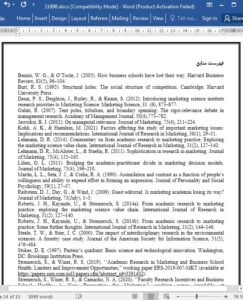Abstract
This paper details how marketing scholars can address important marketing issues. It starts by clearly distinguishing importance from relevance and, on that basis, discerns four types of research projects: (1) thought leadership; (2) science leadership; (3) applied science; and (4) puzzling science. It proposes to funnel more resources from applied and puzzling science to thought leadership and to sustain science leadership. To do so, it offers a research funnel (awareness-consideration-choice-execution) and how ability and motivation throughout the funnel guide a scholar towards more important research. It offers three key takeaways on how to achieve more important research: (1) socialize with practice; (2) embrace residual ambiguity; and (3) do not get bored or boring from hyperspecialization.
1. Introduction
Kohli and Haenlein (2021) should be praised for tackling an issue foundational to our purpose: How can academics in marketing study more important problems? The motivation for this paper is not new. For years indeed, scholars have deliberated whether the glass is half-full or half-empty (see, Lilien, 2011; Reibstein, Day, & Wind, 2009; Roberts, Kayande, & Stremersch, 2014a, 2014b (including commentaries by Lehmann (2014) and Winer (2014)); Stremersch, Verniers, & Verhoef, 2007; Stremersch & Winer, 2019; Stremersch, Winer, & Camacho, 2020).
5. Envoy
At the end of their paper, Kohli and Haenlein (2021) express the hope that their framework is helpful for scholars to study important issues. I believe they, no doubt, succeeded in that. Of course, academics never agree and I recommend scholars to take away their bits and pieces from it and freely alter it. I see the search for important papers as a personal learning journey for all of us, one on which we can continuously improve. Kohli and Haenlein (2021) provide an excellent base from which to self-assess your own trajectory.










